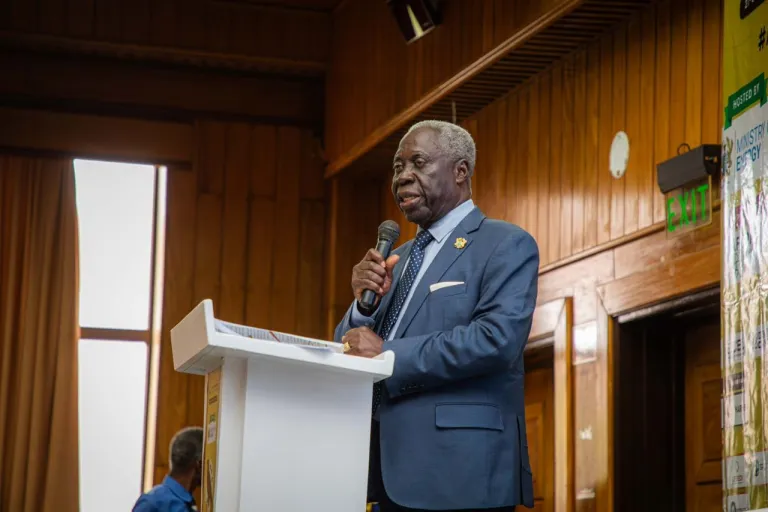Ghana is pushing forward with plans to integrate nuclear power into its energy mix, but acknowledges the critical need for a skilled workforce to ensure its success.
This was a key message delivered by Senior Presidential Advisor, Yaw Osafo-Maafo, at the Africa Nuclear Business Platform meeting in Accra.
Nuclear Power: A Clean Energy Solution, But Requires Specialized Skills
Mr. Osafo-Maafo emphasized that while nuclear energy offers a clean and reliable baseload power source, it demands a highly specialized workforce. From engineers to plant operators, everyone involved needs the necessary knowledge and skills to operate a nuclear power plant safely and effectively.
Building a Pipeline of Qualified Professionals
Recognizing this gap, Ghana, along with other African nations, is developing comprehensive human resource plans. These plans involve collaborating with nuclear technology vendor countries to establish a pipeline of highly qualified professionals ready for the challenges of the nuclear industry.
Ghana’s Nuclear Roadmap
Ghana’s National Energy Transition Framework (NTEF) aims to introduce nuclear power into the energy mix by the early 2030s. Nuclear energy is expected to contribute significantly (over 40%) to the projected 83 gigawatts (GW) of installed capacity by 2070, providing cost-efficient electricity generation and accelerating socio-economic development.
Progress on Nuclear Power Plant Development
Mr. Osafo-Maafo provided an update on Ghana’s nuclear power development. Steps have been taken to identify potential sites for the country’s first Nuclear Power Plant. A rigorous vendor selection process is underway, with a focus on proven technology, resilience, and favorable financial terms. A final decision on the vendor and technology is expected soon, aiming for construction to begin in line with the national nuclear roadmap and achieve energy production by the early 2030s.
Benefits Beyond Ghana
The production of clean baseload power through nuclear energy will not only benefit Ghana but also strengthen the West African Power Pool (WAPP). This win-win situation provides the chosen vendor with access to the West African electricity market.
Energy Transition and Sustainability
The Africa Nuclear Business Platform conference focused on “Driving Nuclear Programme Forward in Africa.” Ghana’s Energy Minister, Dr. Matthew Opoku Prempeh, emphasized the importance of energy security and development for the continent.
He stressed the right of African nations to develop their energy resources while acknowledging the need for clean energy solutions and emissions mitigation.
Ghana’s commitment to energy transition aligns with achieving Sustainable Development Goals (SDGs) and reducing greenhouse gas emissions.

